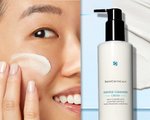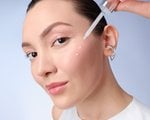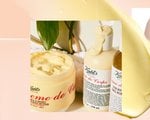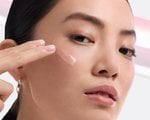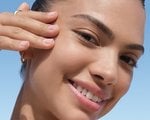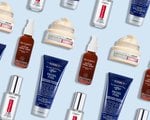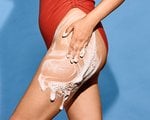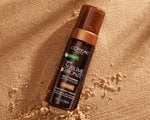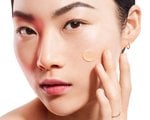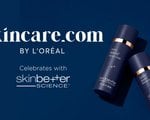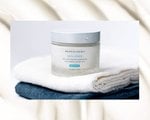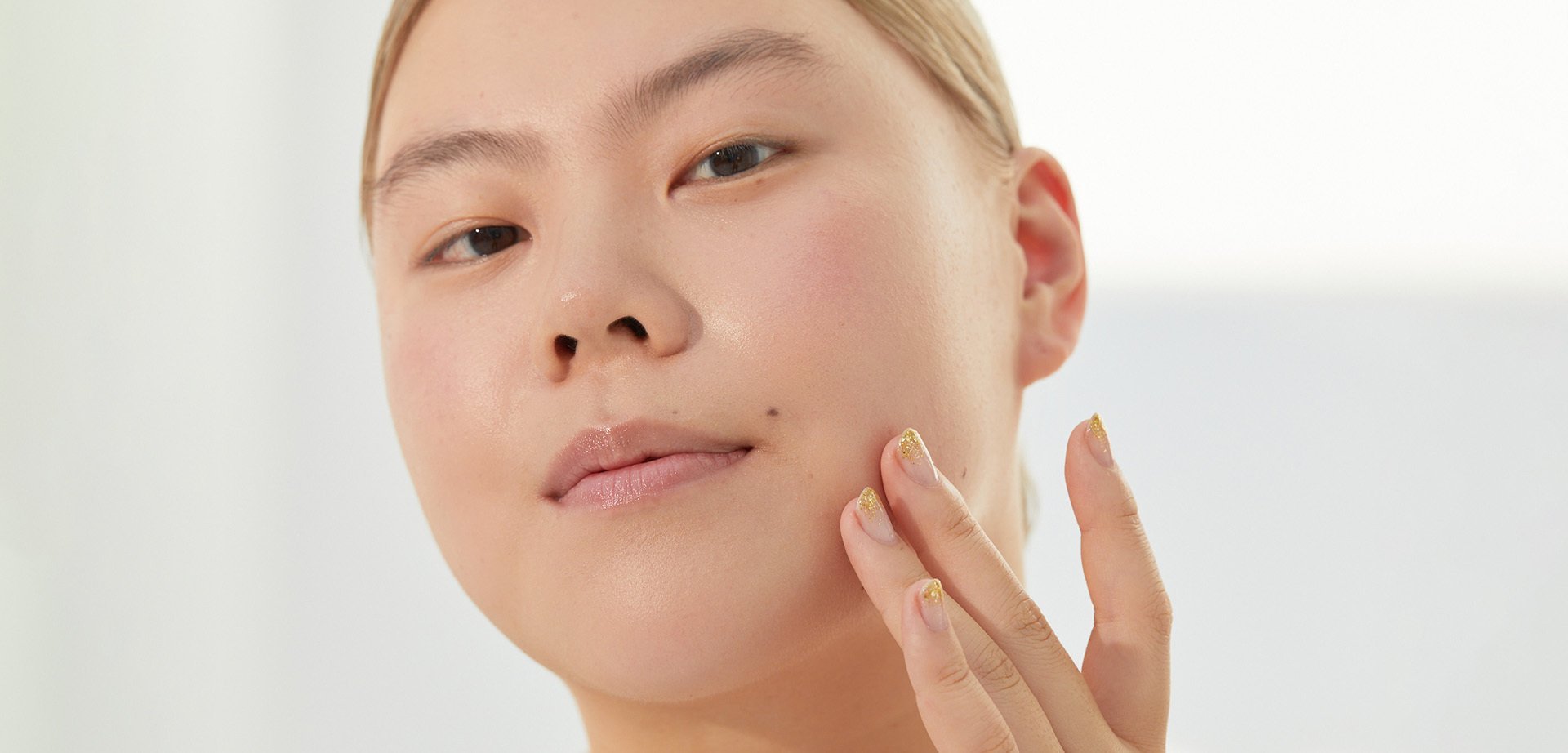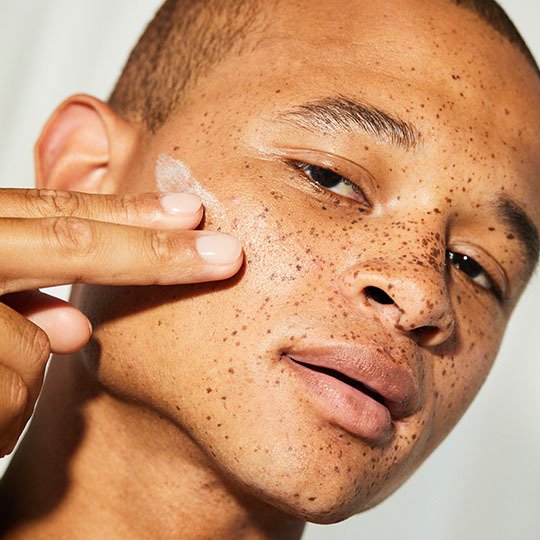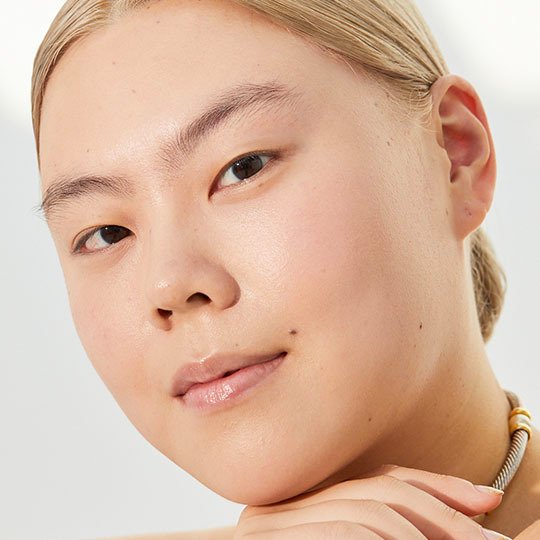Your Guide to Active Ingredients, From Retinol to Zinc Oxide
July 07, 2023
What Is an Active Ingredient?
“Actives are the first thing that I look at when I decide to choose a skincare product,” says Dr. Houshmand. “An active ingredient has been proven in a lab by research to change the skin in some way; it's an ingredient that has data behind it.”
These important ingredients can be the difference between a product that’s effective in treating or targeting specific skin concerns and one that’s not. “To me, as a dermatologist, an active ingredient is the ingredient that’s doing what the product is supposed to help with,” she adds. In an acne product, for example, common actives are salicylic acid and benzoyl peroxide, while in an anti-aging moisturizer, hyaluronic acid may be the key ingredient.
Common Active Ingredients
For Anti-Aging:
To target signs of aging, Dr. Houshmand recommends using a product that contains retinol, a derivative of vitamin A. Retinol is considered the gold standard in anti-aging. It’s been shown to improve cellular turnover and boost collagen production, resulting in minimized fine lines and wrinkles and a more youthful appearance in general.

For Sun Protection:
Zinc oxide, titanium dioxide, avobenzone and oxybenzone are some of the most common active ingredients found in sunscreen, says Dr. Houshmand. Zinc oxide and titanium dioxide are both physical blockers that form a protective layer on skin to block UV rays, while avobenzone and oxybenzone are chemical sunscreens that work by absorbing UV rays.
Try: La Roche-Posay Anthelios Mineral SPF Moisturizer With Hyaluronic Acid

For Discoloration:
To get rid of forms of discoloration like dark spots, Dr. Houshmand suggests looking for products that feature alpha hydroxy acids (AHAs) or vitamin C as active ingredients. AHAs help fade dark spots by exfoliation, while vitamin C has been shown to block production of abnormal pigmentation.
Try: L’Oréal Paris Revitalift Derm Intensives 12% Pure Vitamin C + E + Salicylic Acid Serum

For Acne:
To prevent and get rid of acne, Dr. Houshmand says salicylic acid and benzoyl peroxide are two solid actives to use. Salicylic acid is an oil-soluble beta hydroxy acid that exfoliates the pores and benzoyl peroxide helps kill acne-causing bacteria.
Try: La Roche-Posay Effaclar Salicylic Acid Acne Treatment Serum

